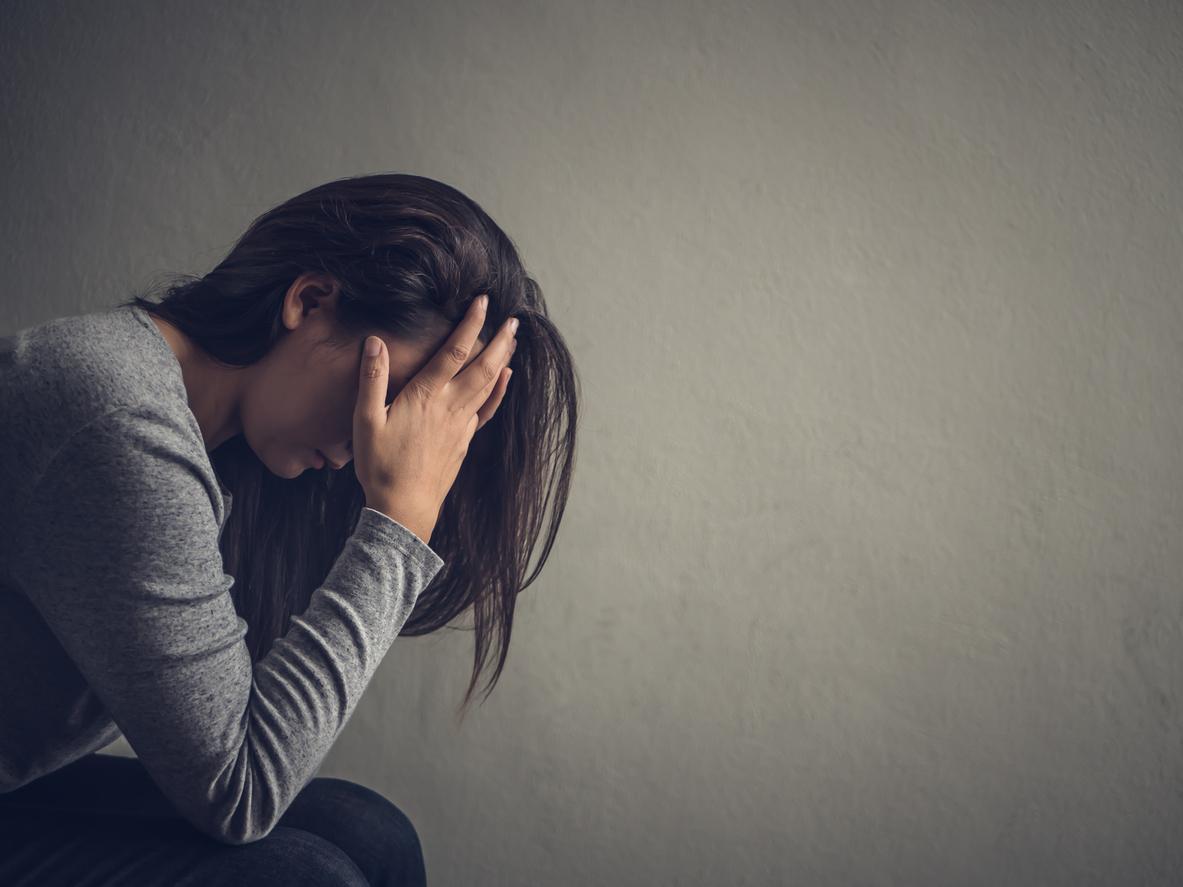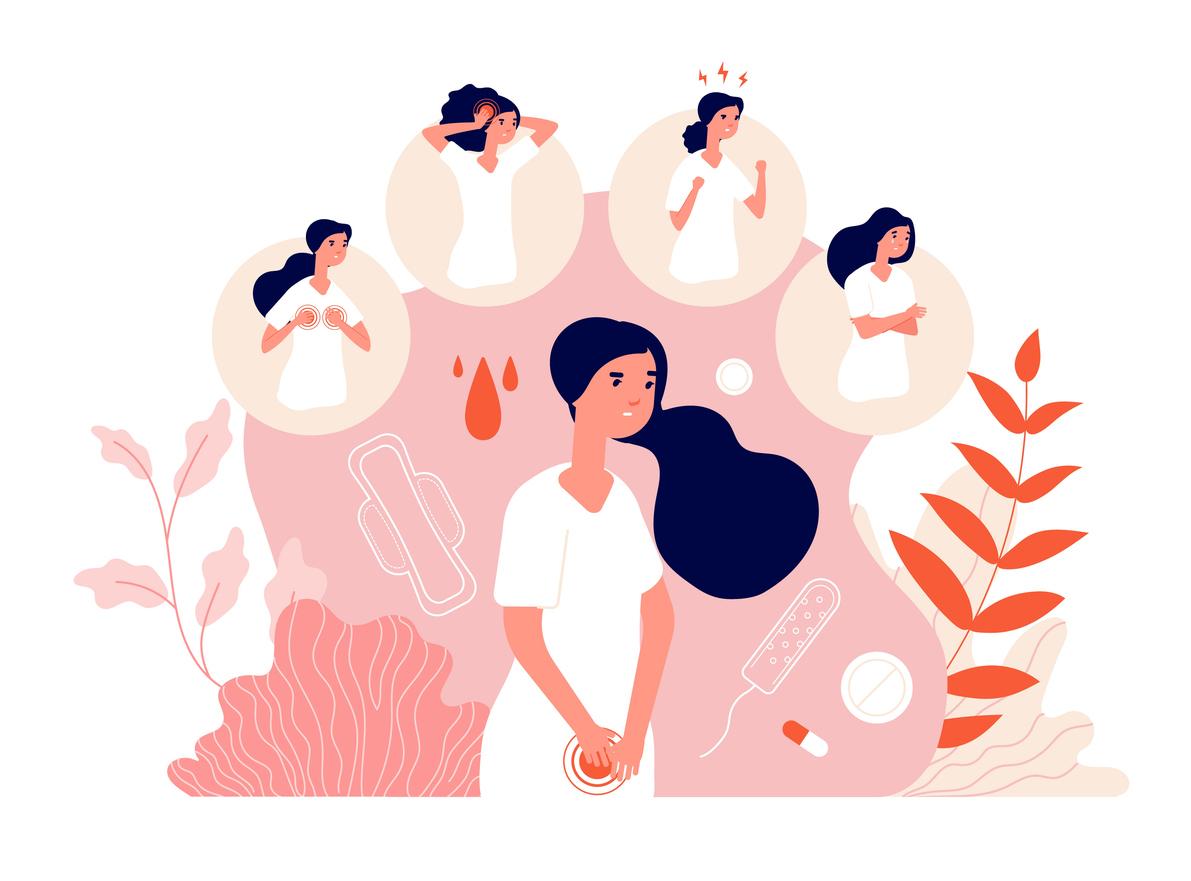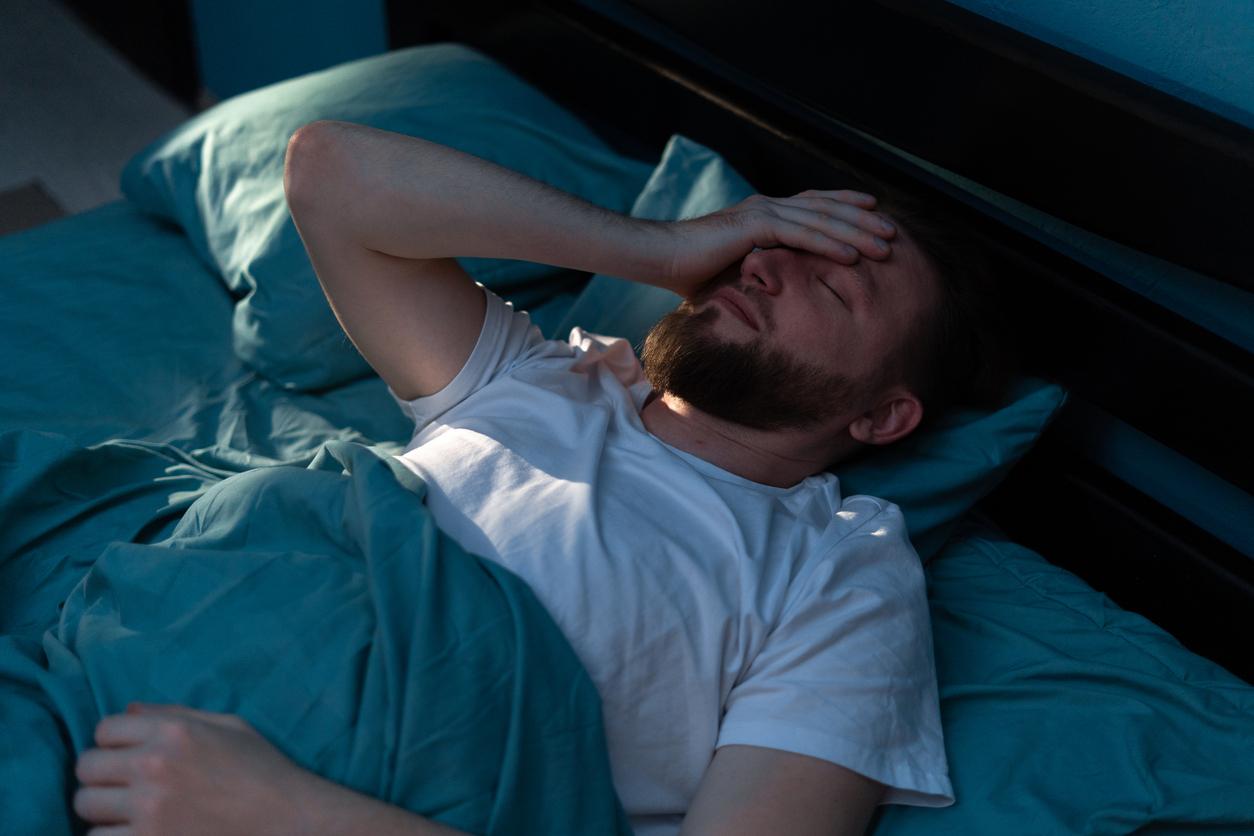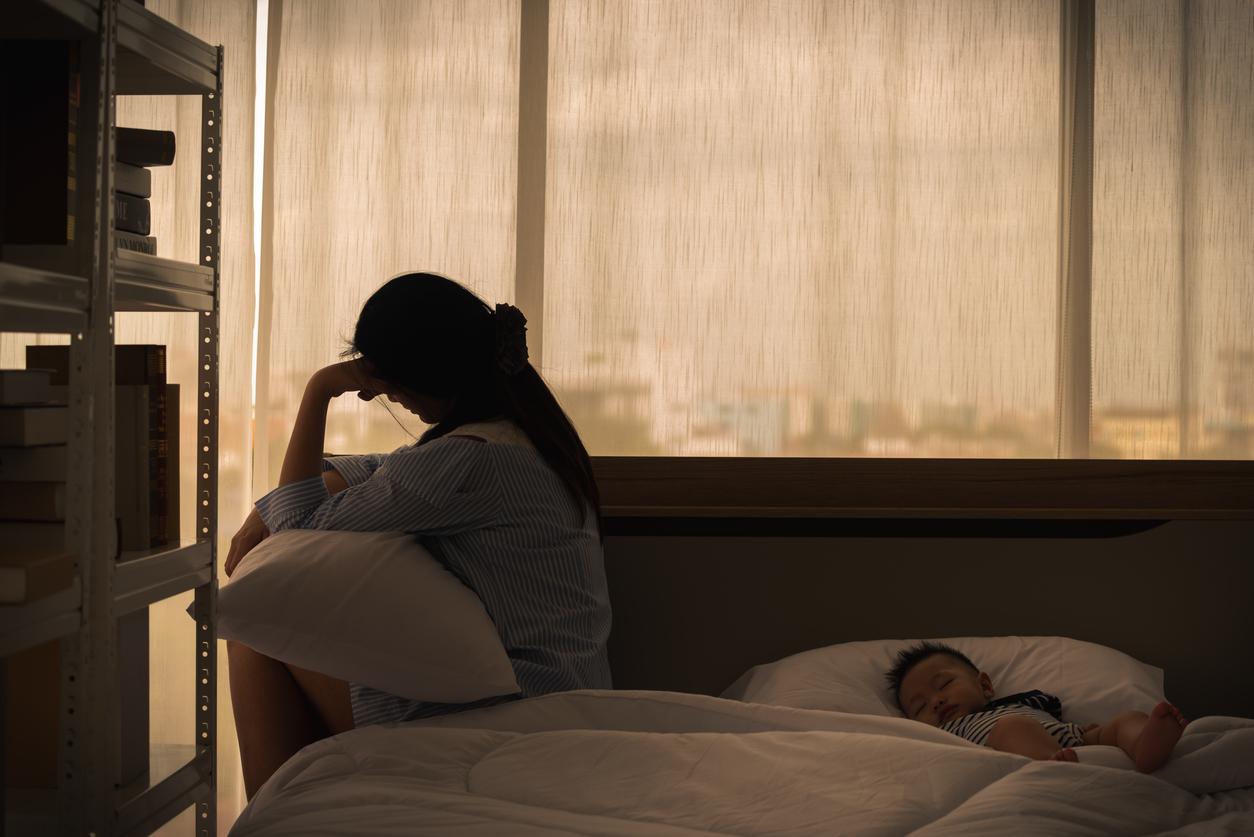For more than 20 years, legislative developments have contributed to strengthening autonomy and solidarity around the end of life. The Law of June 9, 1999 allows any sick person to benefit from palliative care. The Law of March 4, 2022 recognizes the right to refuse treatment. The Law of April 22, 2005 prohibits unreasonable obstinacy. Finally‚ the Law of February 2, 2016, known as the Claeys-Leonetti law‚ created a right to deep and continuous sedation until death for a person suffering from a serious and incurable condition, whose vital prognosis is at risk in the short term. and experiencing suffering that is refractory to treatment. “ This is assistance in dying without the use of a lethal product. » specifies Alain Claeys, one of the rapporteurs of opinion 139 of the National Consultative Ethics Committee (CCNE) “Ethical questions relating to end-of-life situations: autonomy and solidarity” and co-author of the current Law.
The Laws of 2005 and 2016 also made it possible to write advance directives for the end of life or to designate a trusted person who can express these wishes if the person at the end of life is unable to do so. “ All these Laws have improved the quality of care for people at the end of life », underlines Alain Claeys. However, not all French people have access to palliative care and deep and continuous sedation. In its opinion made public on September 13, 2022‚ the CCNE affirmed the need to strengthen palliative care and access to deep sedation‚ while opening the door to active assistance in dying.
The opinion of the CCNE and the Citizens’ Convention: for active assistance in dying
“ Many French citizens are in favor of legislation for active assistance in dying to alleviate what the philosopher Frédéric Worms calls “worse than death” underlines Alain Claeys. Several states around the world have already adopted legislation authorizing active assistance in dying.” This is the case of Spain, Canada, Belgium, the Netherlands‚ Luxembourg‚ Switzerland‚ and several states of Australia and New Zealand. The National Consultative Ethics Committee (CCNE) ruled in a 2022 opinion in favor of “ legislation for active assistance in dying for adults suffering from a serious and incurable illness causing intractable physical suffering‚ whose vital prognosis is at risk in the medium term and who have autonomy of decision at the time of the request‚ this request must be clarified‚ reiterated and analyzed within the framework of a collegial procedure », reports Alain Claeys. He specifies that “ active assistance in dying would be a continuation of the French model reconciling solidarity and autonomy of the person “. The Citizens’ Convention on the end of life has also positioned itself in majority in favor of opening up active assistance in dying under conditions.
Assisted suicide and exceptionally euthanasia
Active assistance in dying can take two forms: it can be implemented by the person who has the means to kill themselves with a prescription made by a doctor after a collegial decision – it is then a question of ‘an assisted suicide – or when the person cannot do the gesture – be done at their request (when they can express themselves) by a third party to put an end to a situation that they consider unbearable – it is then euthanasia . The CCNE recommends the possibility of assisted suicide‚ euthanasia should remain exceptional. “ There could then be a conscience clause for doctors and that only voluntary caregivers practice this act. », underlines Alain Claeys. The opinion of the CCNE and the conclusions of the Citizens’ Convention will guide the legislator. A draft law on active assistance in dying could be presented to the Council of Ministers by the end of the year with a debate possibly at the beginning of 2024.
















